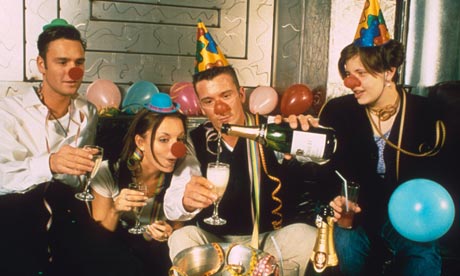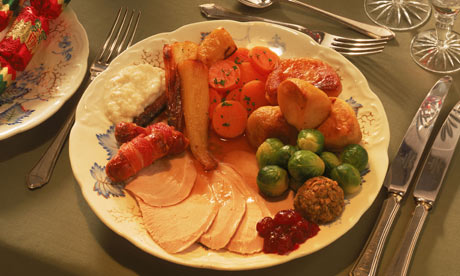
WILL YOUR HOUSING BENEFIT BE AFFECTED IF YOU HAVE A SPARE ROOM IN YOUR HOME
Are you a Council House or Housing Association Tenant? Are you aware that from April 2013 our housing benefit could be affected if you have a spare unoccupied room in your house?.
Putting it as simply as possible if your Local Authority decides that your home is too big for your needs your housing benefit will be reduced. This has been called the under occupancy rule.
If your Local authority decide that you have one extra bedroom that is unoccupied then your housing benefit will be cut by a fixed percentage amount of 14%, if you have two or more extra bedrooms then that figure increases to 25%
THE GOOD NEWS FOR PENSIONERS IS THAT YOU WILL NOT BE AFFECTED BY THIS RULE
So the question is will YOU be affected by this new rule, below is a list of the rooms you can rent without your housing benefit being affected.
1. If you are a couple and you have one bedroom.
2. If you have one bedroom for two children under the age of 10 (boys and girls are expected to share bedrooms up until that age)
3. If you have one bedroom for two children up to the age of 16 who are of the same sex.
4. If you have an extra bedroom if you or your partner needs an overnight carer.
IF YOU HAVE A CHILD WITH SEVERE SPECIAL NEEDS you may be able to justify their having their own room but you will needs to obtain assistance from your welfare benefit adviser in regard to this.
The circumstances in which you will NOT be able to claim housing benefit for an extra room are as follows:-
1. If you are a foster carer you will not be able to claim housing benefit if you provide your foster child with their own room.
2. If you or your partners use separate rooms due to illness.
3. If there is disabled adult living in the home.
4. If you are divorced or separated and your children come to visit
If you have a specially adapted home, your benefits may be cut despite however as it would be expensive and impractical to move you if your housing benefits are cut then you can apply for assistance under the discretionary housing benefit scheme further details of which can be obtained from
http://www.dwp.gov.uk/docs/dhpguide.pdf
The information herewith gives general guidance. It should not be regarded or relied upon as a complete or authoritative statement of the law or treated as a substitute for specific legal advice concerning individual situations.




